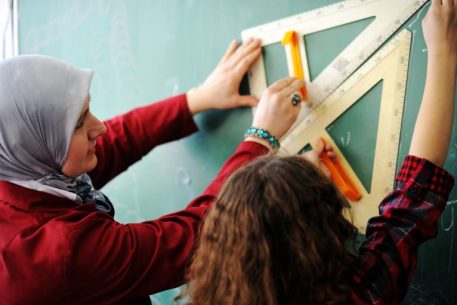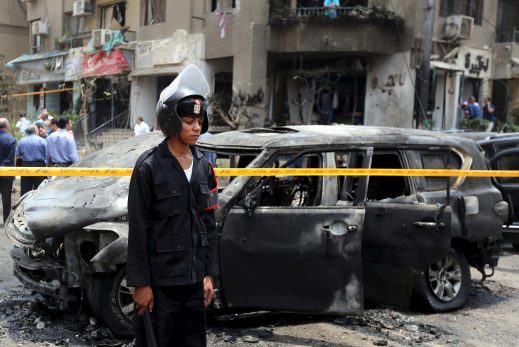Investigación
Líneas de actuación
- Redes
- Programas
- Aula Mediterrània
- Med Dialogues + 2030
- Desarrollo humano e integración regional
- InterCultura. Diálogo y acción
- Euromed Young Researchers Lab
- Desarrollo sostenible
- Un Mar de Palabras. La voz de los jóvenes
- Prevención de la polarización y el extremismo violento
- Medios de comunicación, democracia y diversidad
- Proyectos











